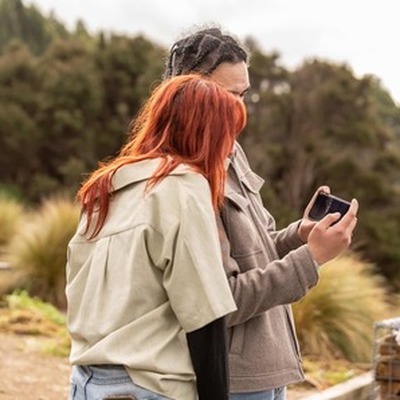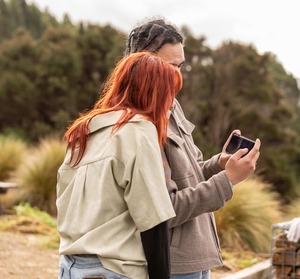How to Support a Young Person After a Cancer Diagnosis: A Practical Guide
Body
Hearing that a young person you care about has cancer is devastating. It is natural to feel unsure about what to say or do. My name is Wong, and today, I want to offer a practical guide for providing meaningful cancer support to teenagers and young adults after a diagnosis.
This journey can be overwhelming for everyone involved, but the good news is that even small, thoughtful actions can make a big difference. In this blog, we’ll cover realistic, everyday ways you can support a young person and strengthen their sense of hope and resilience.
Listen First, Speak Second
When someone is diagnosed with cancer, many people rush to offer advice or solutions. While well-meaning, this can often overwhelm young people who are already processing a flood of emotions.
Instead, try to:
-
Be present: Sometimes, just sitting quietly together shows more support than words.
-
Listen actively: Let them share their feelings without interruption or judgment.
-
Avoid rushing to reassure: Saying "you'll be fine" might feel dismissive of their fears.
Open-ended questions like “How are you feeling today?” give them permission to talk about what’s on their mind — whether it’s anger, fear, confusion, or even hope. Your role is not to fix everything, but to walk alongside them.
Respect Their Independence
Teenagers and young adults are at a stage where independence matters deeply. A cancer diagnosis can feel like it robs them of control over their own lives.
You can support their independence by:
-
Offering choices: Even small decisions, like picking meals or scheduling appointments, can help restore a sense of control.
-
Encouraging their voice: Involve them in discussions with doctors and care teams.
-
Respecting their space: Understand that they might want time alone or with friends instead of always being around family.
Support means recognising their strength and giving them space to be themselves, even while they are vulnerable.
Provide Practical Help Without Taking Over
Practical support is important, but it should be offered thoughtfully. Overstepping can make young people feel powerless.
Here are simple ways to provide practical help:
-
Offer specific help: Instead of “let me know if you need anything,” try “Can I drive you to your appointment on Thursday?”
-
Help maintain normalcy: Encourage activities they enjoy when they feel up to it — movies, gaming, walking, or even simple outings.
-
Stay flexible: Their energy levels and needs may change day by day.
Practical help should feel empowering, not intrusive. Offering choices, keeping plans light, and being understanding if they cancel last minute can make a big difference.
Encourage Emotional and Peer Support
Emotional support from friends, family, and peers is a vital part of the healing process. Professional services also offer tailored cancer support that can be life-changing for young people.
Supportive actions include:
-
Connecting them with peer groups: Other young people who have faced cancer can provide understanding that even the best-intentioned adults cannot.
-
Suggesting counselling services: Sometimes, talking to a professional outside the family circle feels easier and more freeing.
-
Sharing trusted resources: Organisations like Canteen New Zealand offer specialist support services, peer programmes, and resources for young people impacted by cancer.
Young people often find strength by seeing they are not alone — that others have faced similar journeys and found hope.
Understand the Ups and Downs
Finally, it’s important to recognise that the emotional journey will have highs and lows. Some days might be filled with laughter; others might bring tears or frustration. This is normal.
You can help by:
-
Allowing space for all emotions: There is no right or wrong way to feel.
-
Celebrating small victories: Completing a round of treatment or simply having a good day deserves recognition.
-
Being consistent: Staying involved over time shows them they are loved and valued, no matter what.
Remember, your steady support gives them something to rely on when everything else feels uncertain.
At last, providing cancer support to a young person is about listening without judgment, respecting their independence, offering practical help thoughtfully, and connecting them to peer and professional support. Every step you take — even the small ones — helps build a foundation of hope and resilience. If you or someone you know needs extra support, trusted services like Canteen are ready to help young people face cancer with strength and confidence.












Comments